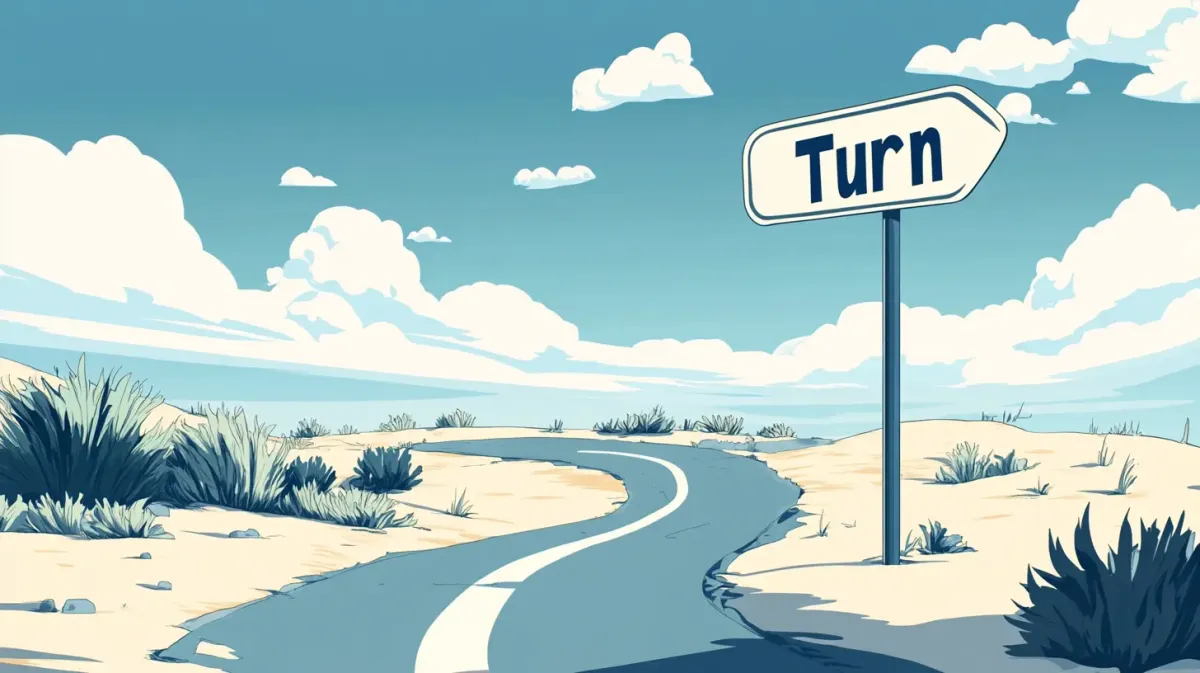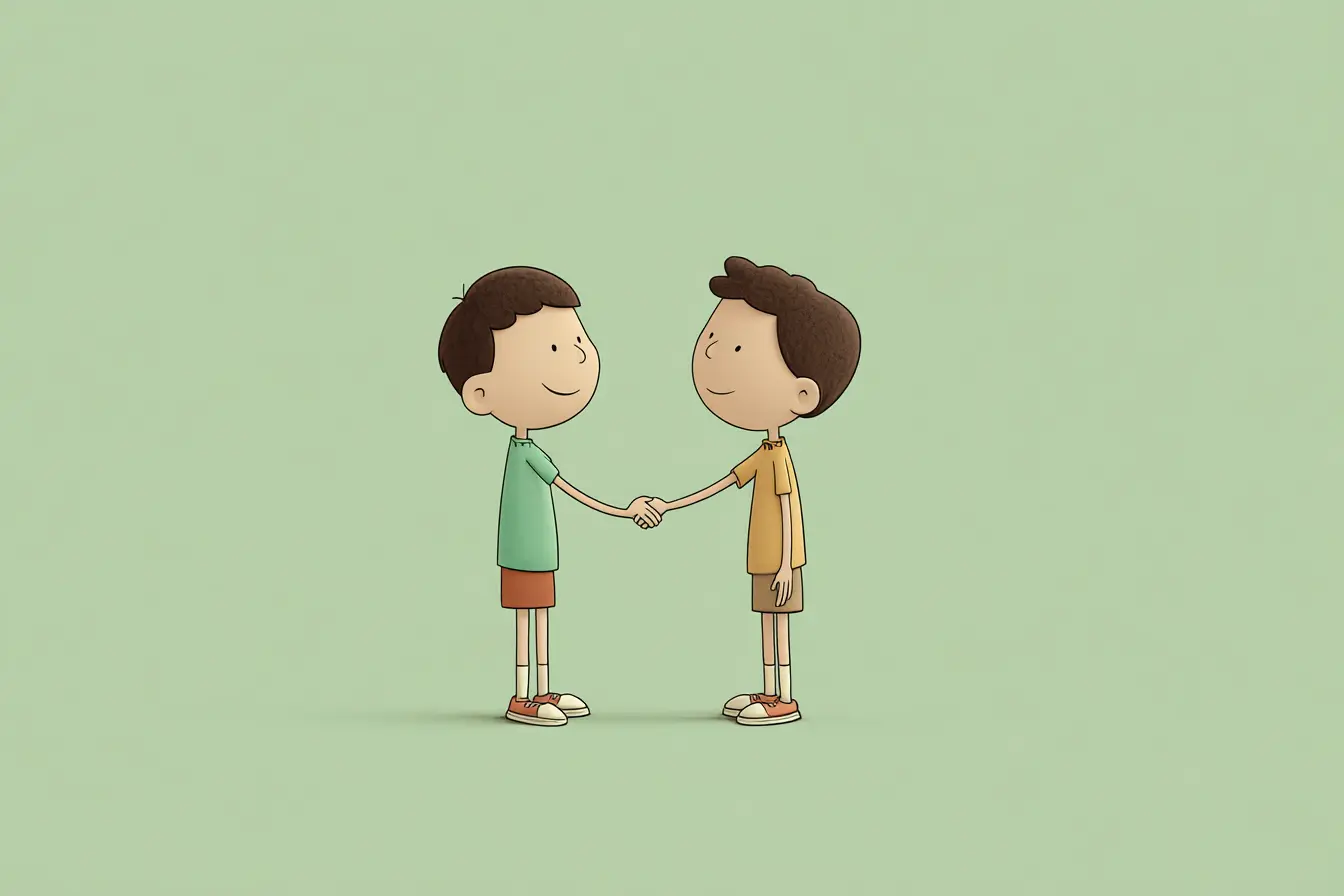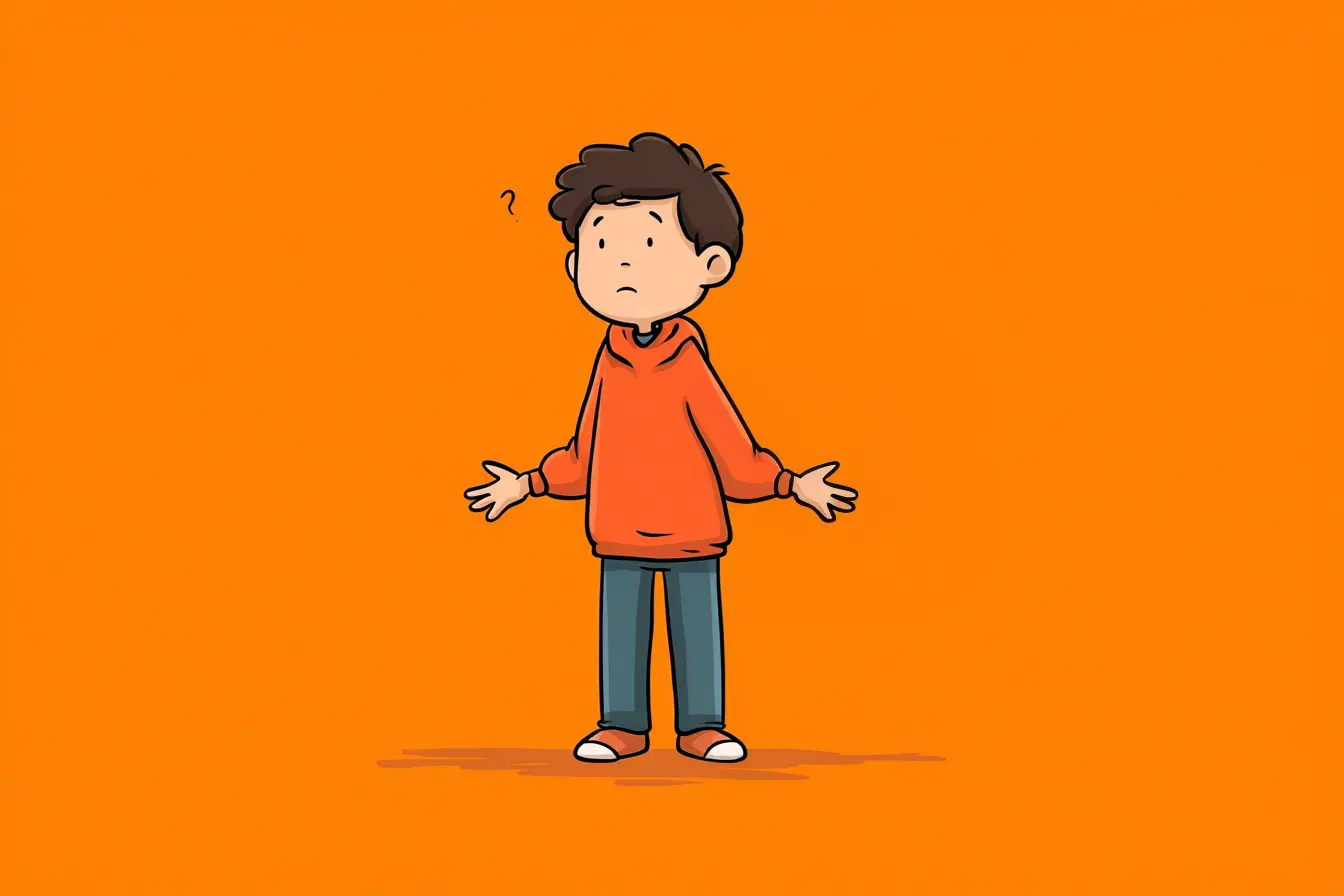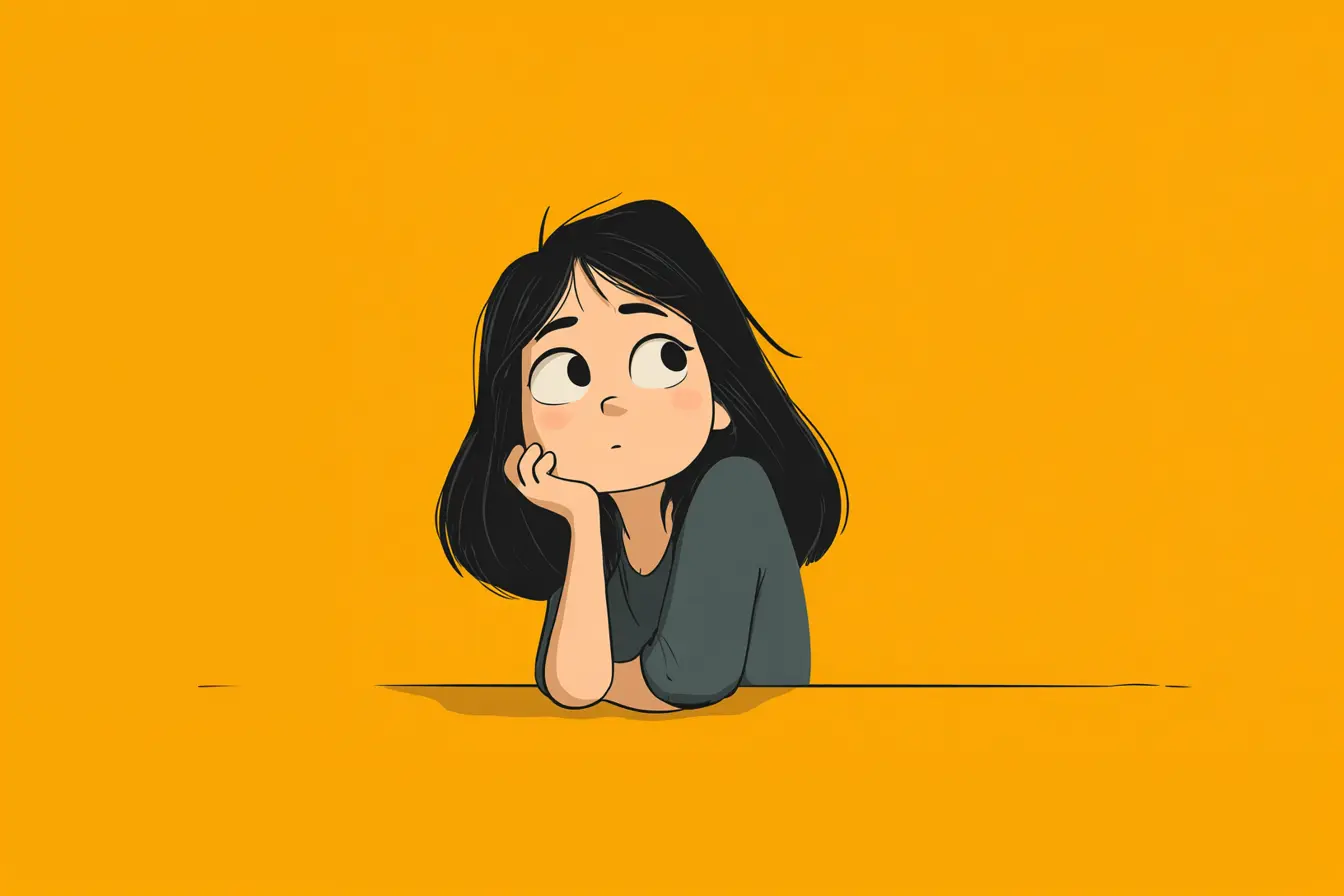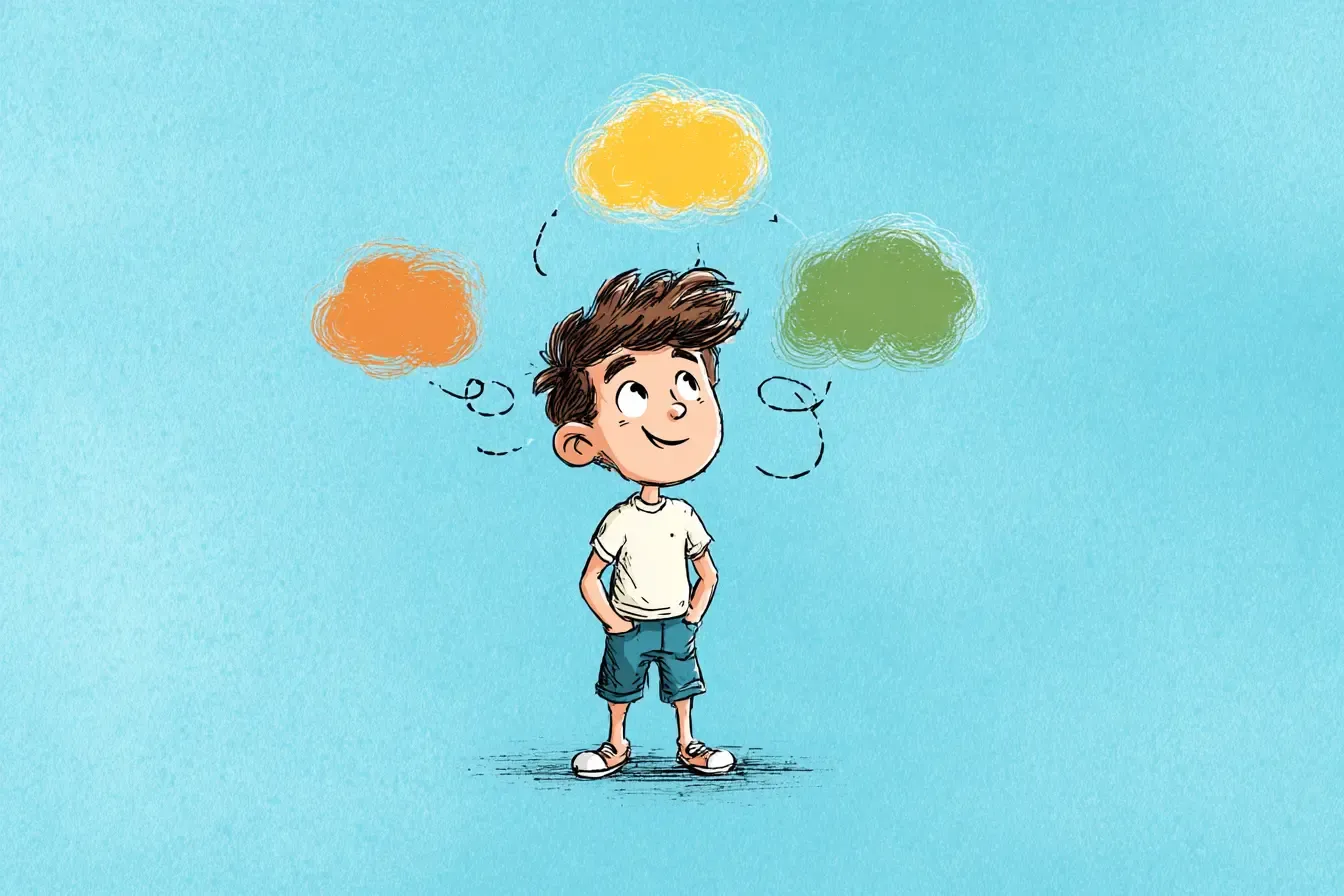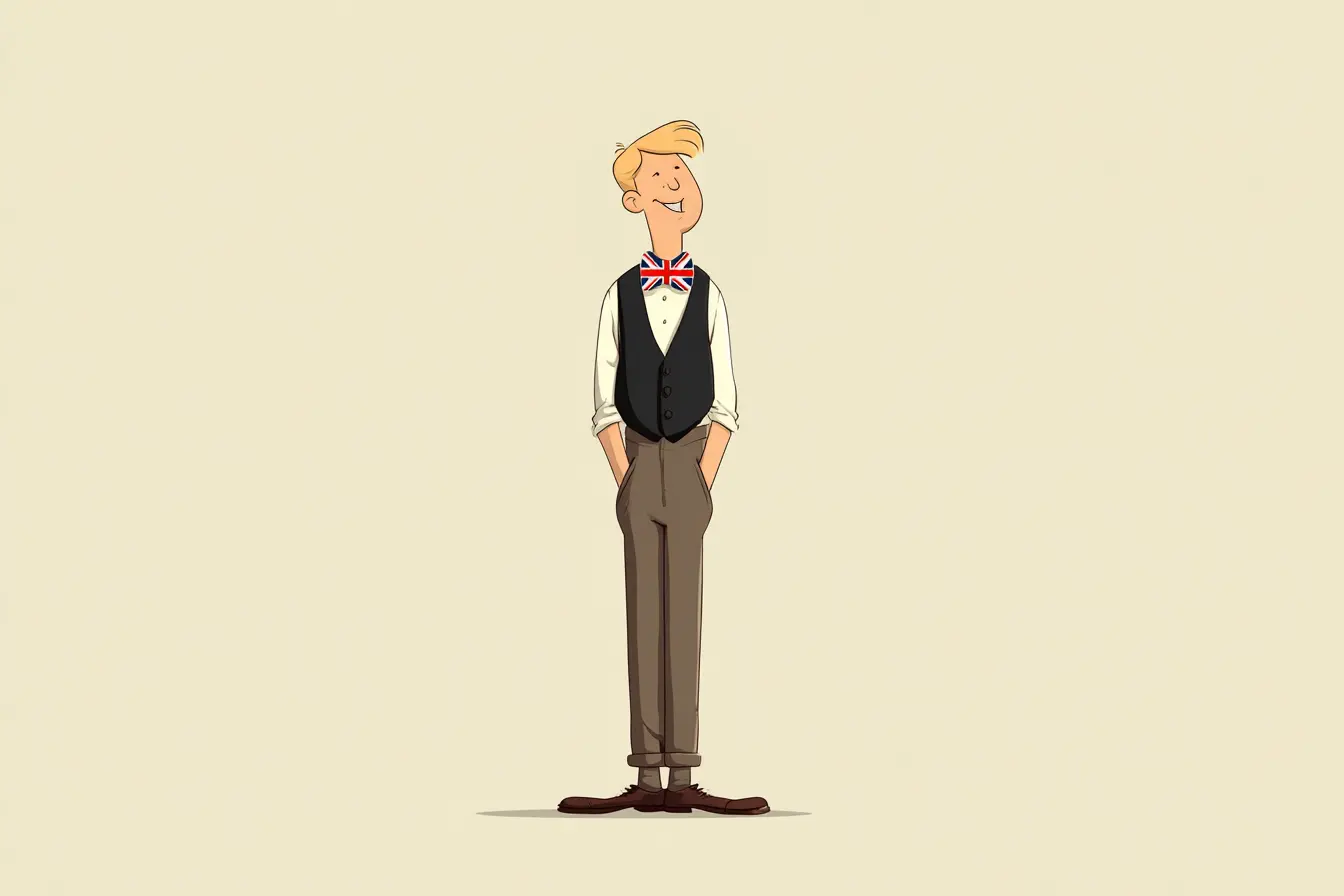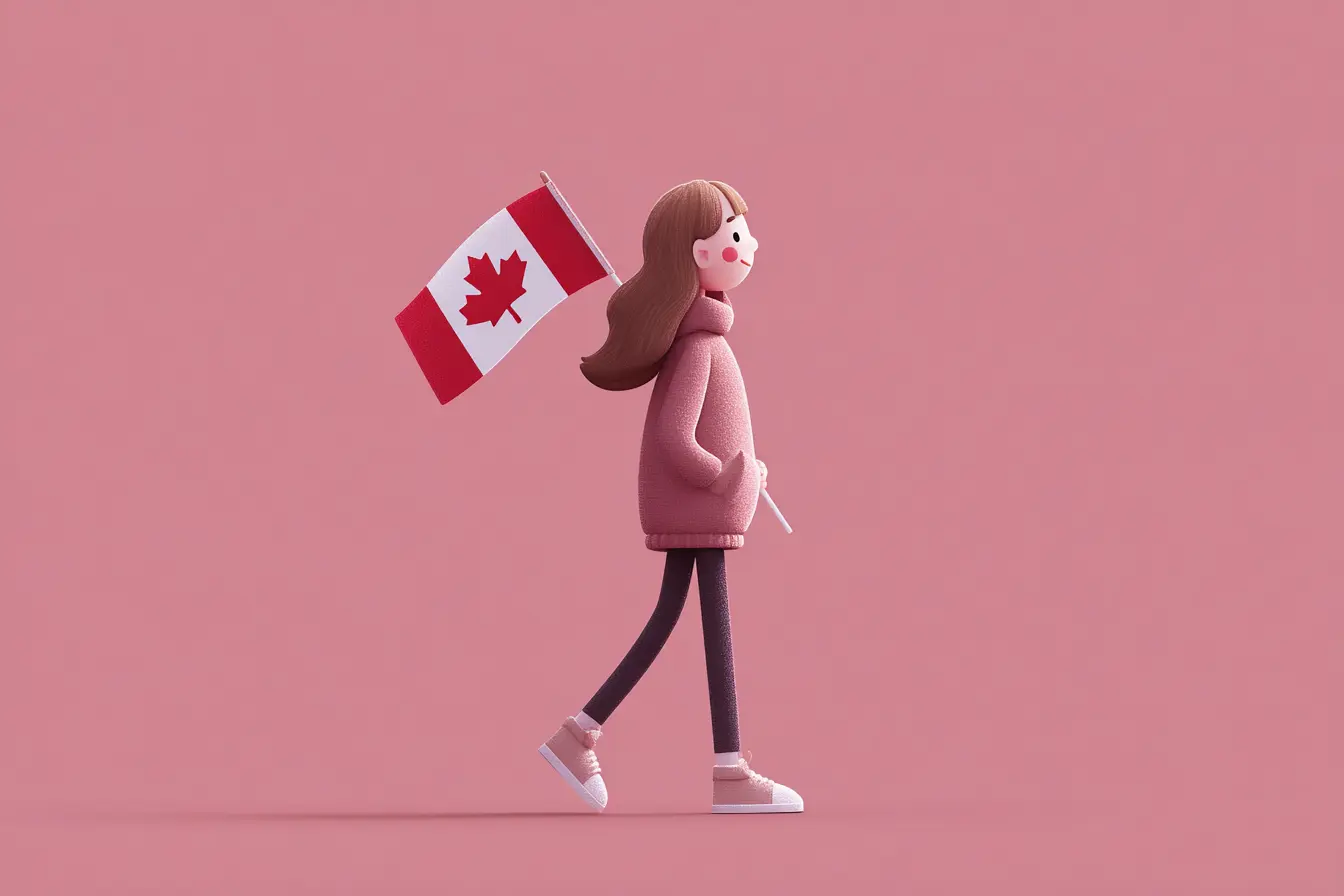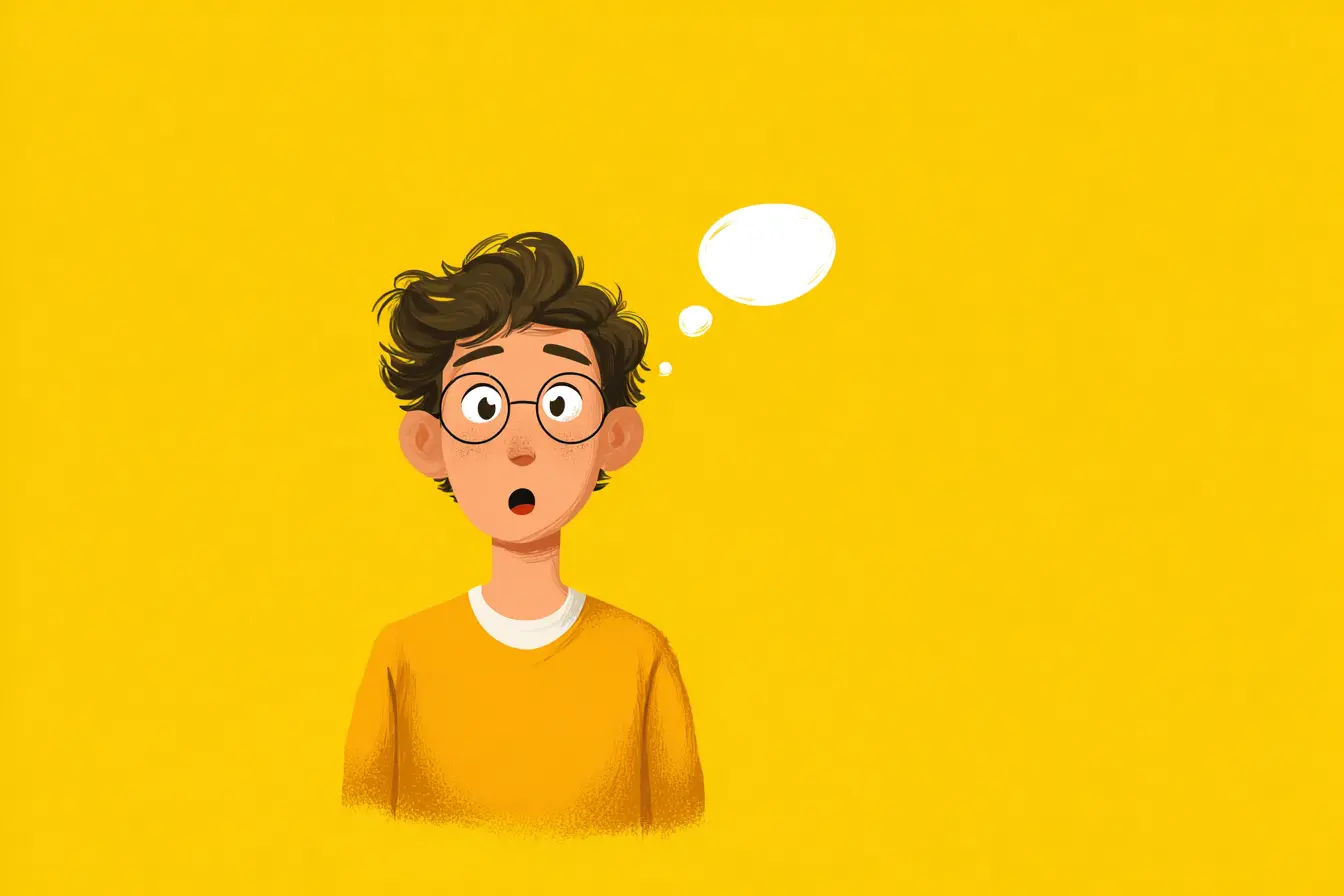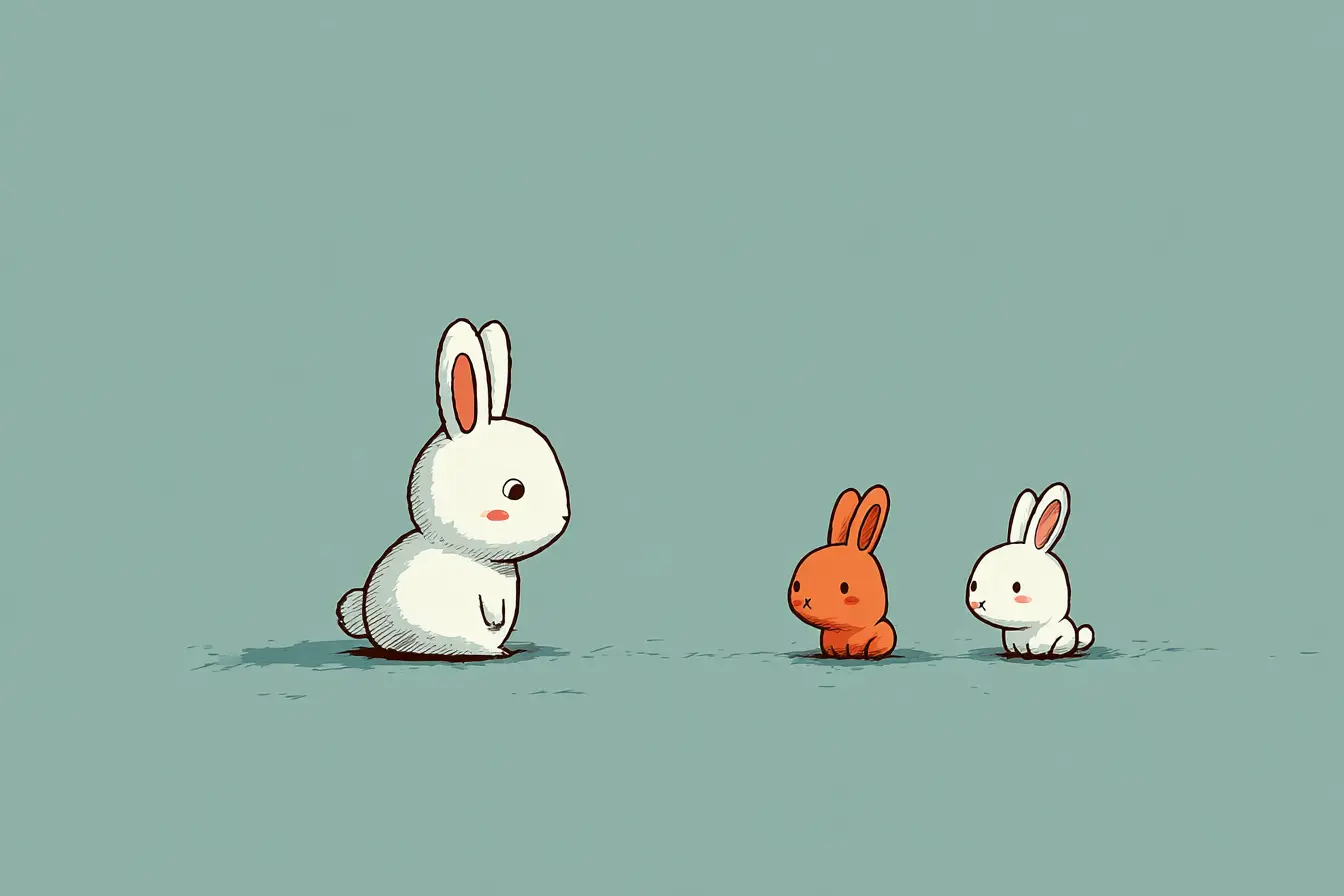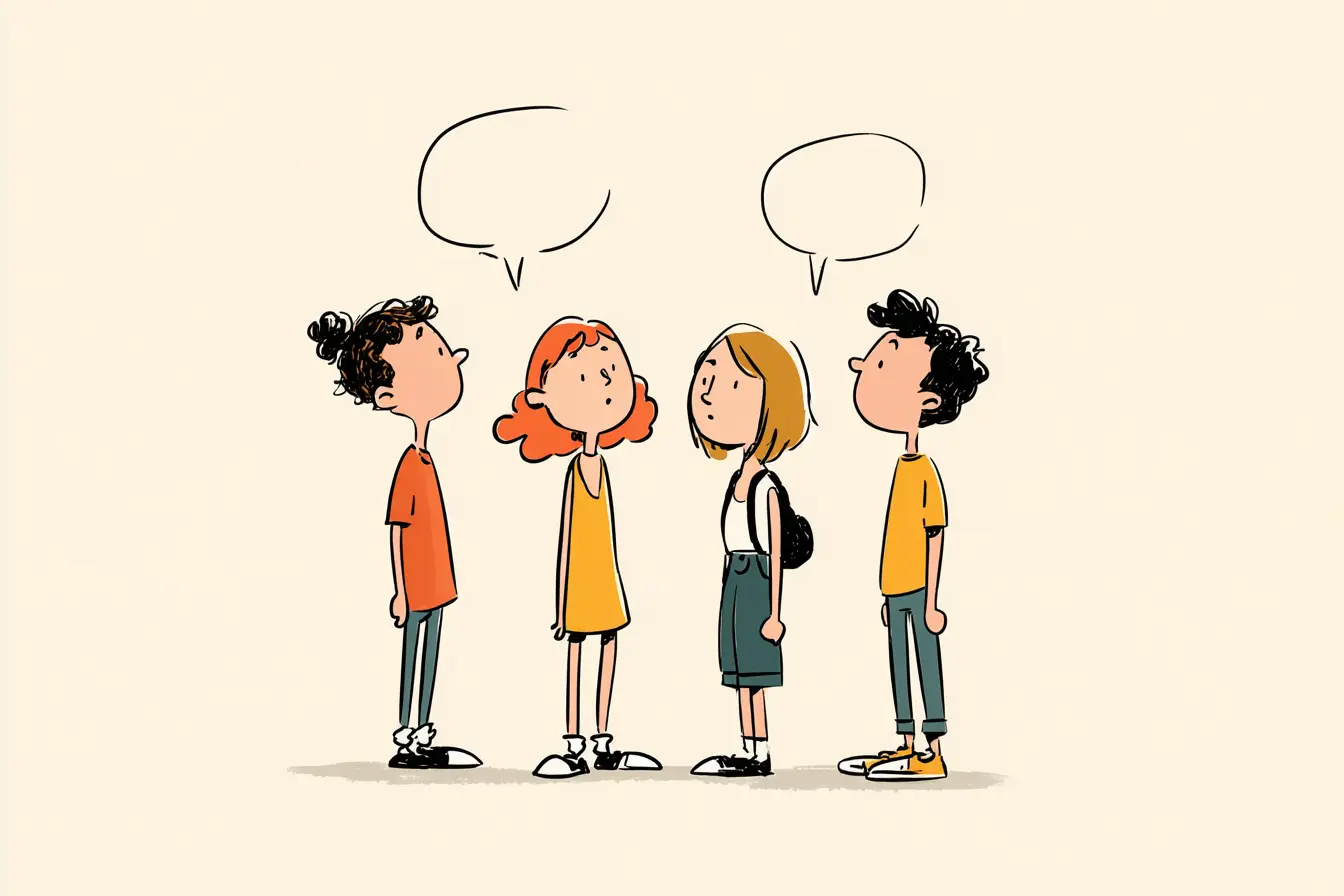Phrasal verbs with "turn" are widely used in English, often carrying different meanings depending on context. Understanding them through real-life examples helps learners grasp their nuances better. In this article, you’ll find a comprehensive table of phrasal verbs with "turn", their meanings, synonyms, and examples from public domain books demonstrating their natural use. If you are interested in learning more phrasal verbs, take a look at this article.
Comprehensive Table of Phrasal Verbs with "Turn"
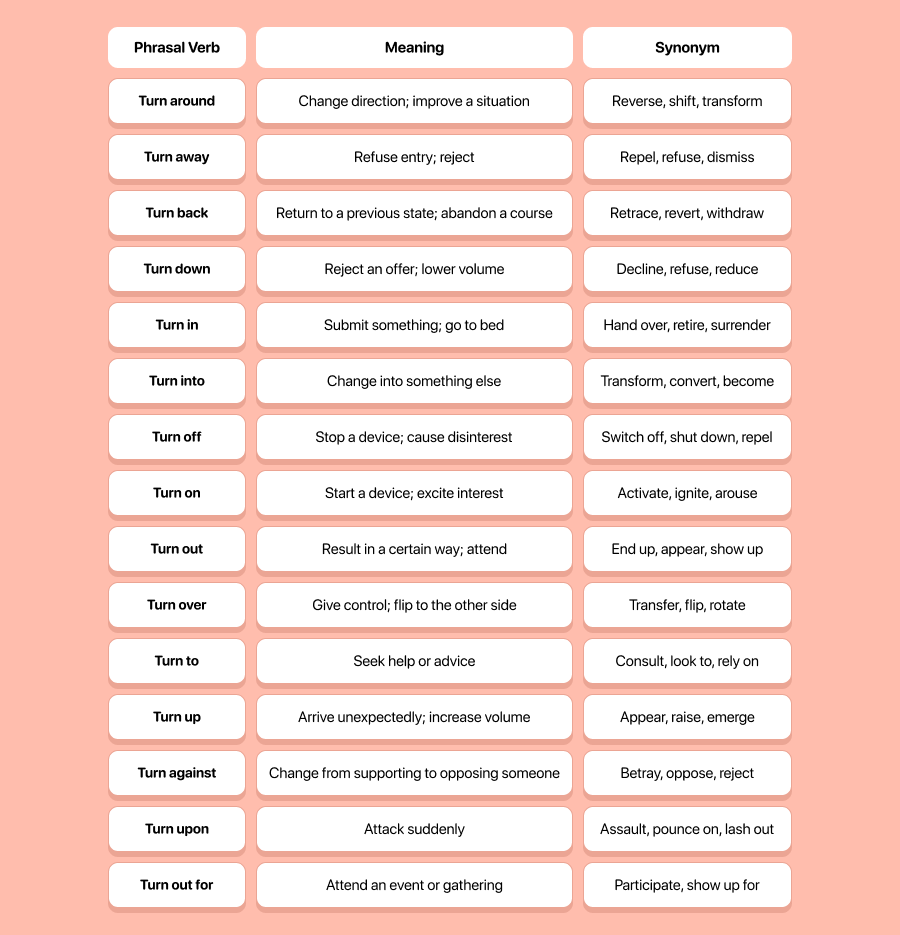
Turn Around
Meaning:
To change direction physically or improve a situation.
Example from The Adventures of Sherlock Holmes by Arthur Conan Doyle (1892):
The man hesitated, then he turned around abruptly and walked away at a quick pace. Holmes and I followed closely behind, keeping a cautious distance. Just as we thought he would disappear into the mist, he suddenly turned around again, his eyes darting suspiciously over his shoulder.
Turn Away
Meaning:
To refuse entry or reject someone.
Example from Pride and Prejudice by Jane Austen (1813):
Upon arriving at the grand hall, Elizabeth was startled when the footman shook his head and turned her away. ‘I am sorry, miss, but the master of the house has given strict instructions.’ She felt the sting of rejection, but she lifted her chin and replied, ‘Then I shall wait outside until he reconsiders.’
Turn Back
Meaning:
To return to a previous position or abandon a course of action.
Example from Dracula by Bram Stoker (1897):
Jonathan Harker hesitated at the castle’s gates, the moonlight casting eerie shadows on the stones. A voice in his mind screamed at him to turn back, to flee before it was too late. But the heavy doors creaked open, and he knew there was no turning back now.
Turn Down
Meaning:
To reject an offer or reduce the volume of something.
Example from The Picture of Dorian Gray by Oscar Wilde (1890):
Lord Henry leaned forward, eyes glinting with mischief. ‘You must come to my party tonight, Dorian. It will be unforgettable.’ Dorian Gray smiled faintly but shook his head. ‘I appreciate the invitation, Henry, but I must turn down the offer this time. My mind is preoccupied with other matters.’
Turn In
Meaning:
To submit something or to go to bed.
Example from Treasure Island by Robert Louis Stevenson (1883):
Captain Smollett sighed as he turned in his report to the Admiral. ‘All accounted for, sir,’ he said, though his voice held the weight of regret. That night, exhausted from the day’s events, he turned in early, hoping that sleep would grant him a moment's peace.
Turn Into
Meaning:
To transform or change into something else.
Example from Alice's Adventures in Wonderland by Lewis Carroll (1865):
Alice watched in amazement as the caterpillar turned into a beautiful butterfly before her eyes. ‘Curious and curiouser,’ she whispered. ‘I wonder if I, too, might turn into something else if I stay in this strange land long enough.’
Turn Off
Meaning:
To stop a device or cause disinterest.
Example from A Tale of Two Cities by Charles Dickens (1859):
He listened to the preacher’s words, but they failed to stir him. In fact, the monotonous voice turned him off completely, and he found himself staring blankly at the high stained-glass windows instead.
Turn On
Meaning:
To activate something or become interested.
Example from The War of the Worlds by H.G. Wells (1898):
The scientist turned on the strange machine, and a low hum filled the air. The room crackled with energy as the mysterious invention whirred to life.
Turn Out
Meaning:
To result in a certain way or to attend an event.
Example from Little Women by Louisa May Alcott (1868):
Jo had worried about her play, fearing it would be a disaster. But in the end, it turned out far better than she had expected, with a full house and enthusiastic applause from all who attended.
Turn Over
Meaning:
To give control or flip something to the other side.
Example from Moby-Dick by Herman Melville (1851):
Ahab turned over the map, tracing the lines of the ocean currents with his finger. ‘We’ll find him,’ he murmured. ‘No matter the cost, we’ll turn over every stone until the white whale is found.’
Turn To
Meaning:
To seek help or advice.
Example from Great Expectations by Charles Dickens (1861):
When Pip found himself lost and unsure of his next move, he turned to Joe for guidance, knowing that the old blacksmith’s wisdom would never lead him astray.
Turn Up
Meaning:
To appear unexpectedly or to increase the volume.
Example from The Great Gatsby by F. Scott Fitzgerald (1925):
Gatsby waited night after night, hoping that Daisy would turn up at one of his lavish parties. He filled his house with music, laughter, and endless bottles of champagne, all in anticipation of the moment when she would finally step through the door.
Turn Against
Meaning:
To change from supporting to opposing someone.
Example from Frankenstein by Mary Shelley (1818):
At first, the villagers had welcomed him, their kindness warming his lonely heart. But as soon as they saw his face, their love turned against him, their shouts of horror and hatred chasing him into the darkened forest.
Turn Upon
Meaning:
To attack suddenly or betray someone.
Example from The Strange Case of Dr Jekyll and Mr Hyde by Robert Louis Stevenson (1886):
The moment he drank the potion, a terrifying transformation overtook him. His own body rebelled, his thoughts grew dark, and soon, as if possessed, he turned upon his closest friend with a violence he could not control.
Turn Out For
Meaning:
To attend an event or gathering.
Example from A Christmas Carol by Charles Dickens (1843):
The entire town turned out for the holiday celebration. Children laughed as they ran through the snow, and the scent of roasted chestnuts filled the air. Even the grumpiest souls, drawn by the warmth and joy, found themselves swept up in the festive spirit.
Mastering these phrasal verbs with "turn" will significantly enhance your English fluency. Seeing them in real literature helps learners understand how they function in natural speech and writing. Try using these phrasal verbs in conversations and reading to solidify your understanding!


